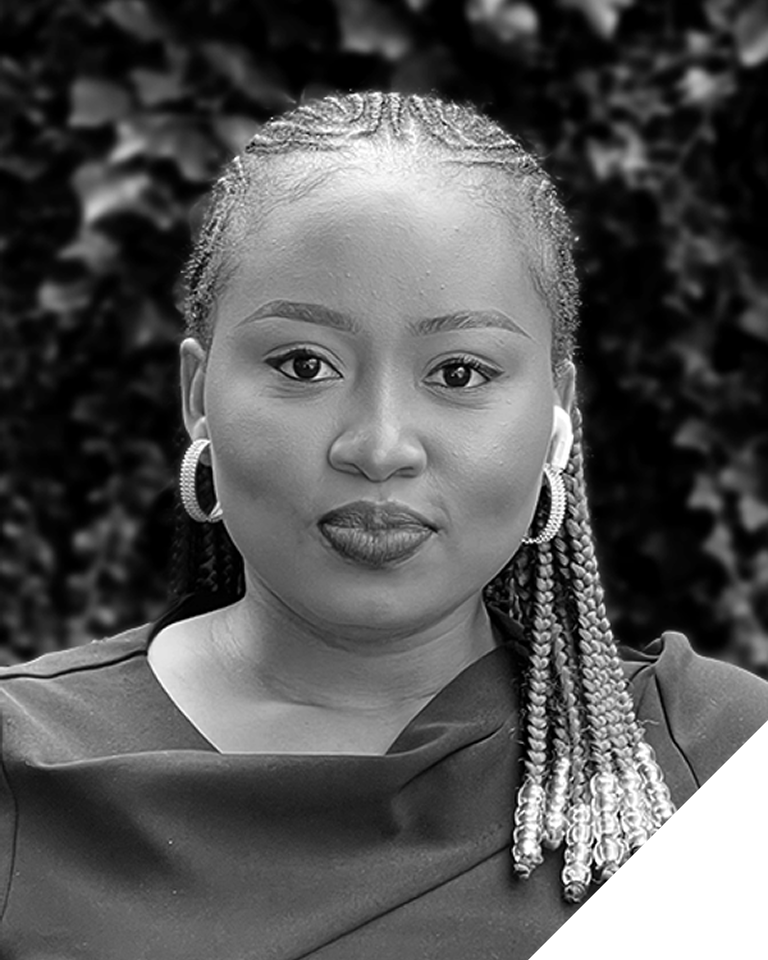InsurTech Innovations For Modernizing Risk Assessment
Over the last five years, digital transformation has undergone an unprecedented acceleration, impacting various industries and business operations. Notably, the insurance sector has embraced technological advancements, particularly for proactive risk identification and assessment. At the forefront of this evolution are InsurTech firms, which utilize cutting-edge technologies to improve the precision, efficiency and overall effectiveness of risk assessment processes. These organizations aim to integrate technology capable of producing profound insights into the insurance domain, assisting insurance providers and brokers in achieving heightened success and efficiency. This blog delves into compelling use cases that illustrate how InsurTech innovations are transforming the traditional methods insurers use to evaluate and manage risks:
- AI for streamlining risk assessment.
AI and machine learning are playing a pivotal role in revolutionizing the underwriting process. These solutions assist underwriters by providing actionable insights derived from risk prediction analyses performed on various data assets from third-party data to publicly available data sets. InsurTech firms are increasingly deploying machine learning algorithms that analyse vast data sets to assess risks more accurately. A record was set by InsurTech provider Lemonade when it utilized AI-powered bots to process claims and assess risks within two seconds. This not only speeds up the underwriting process but also improves the precision of risk evaluation.
- Telematics driving personalization in auto insurance.
The integration of telecommunications and informatics, known as telematics, is reshaping the auto insurance landscape. By tapping into telematics data from connected devices, insurers can decode individual driving behaviour, offering fairer premiums based on real-time insights. Progressive’s Snapshot programme is an example of how insurance firms can use telematics to reward safe drivers with reduced premiums based on their driving habits.
- Blockchain fortifying walls against fraud.
According to an FBI report, the estimated cost of insurance fraud in the US is over $40 billion per year. Blockchain technology is gaining prominence for its ability to drastically reduce fraud activities by executing smart contracts on an immutable ledger. The insurance industry is turning to blockchain not only as a safeguard but also to fortify the trust between insurers and policyholders.
- Satellite imagery: the watchtower of property insurance.
InsurTech firms are harnessing the power of satellite imagery to evaluate property conditions, identify potential risks and make data-driven underwriting decisions. CAPE Analytics, for example, uses AI and geospatial imagery to evaluate property characteristics and potential hazards. They are now in partnership with Google to push boundaries by integrating AI and geospatial imagery to create a holistic property intelligence platform.
As insurers continue to embrace these innovations, we expect further advancements that not only modernize risk assessment but also lead to more personalized and cost-effective insurance solutions for customers. The future of insurance is undoubtedly intertwined with the relentless march of technology, and it's an exciting time for insurers and policyholders alike.
Please visit the Verdantix risk management research portal to learn more about the use of technology in the risk management space and stay ahead of the digital wave.
About The Author

Elizabeth Babalola
Senior Analyst




